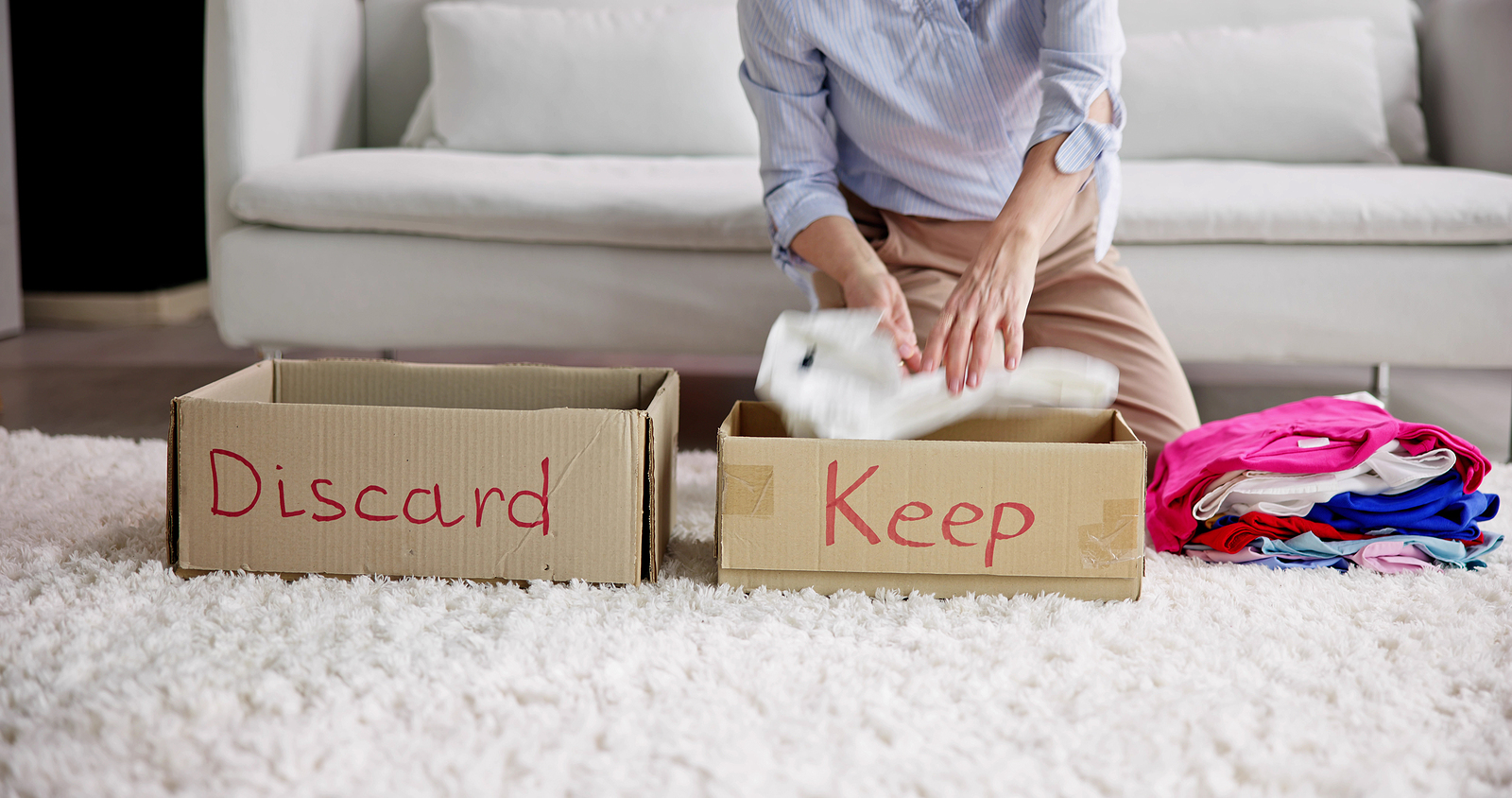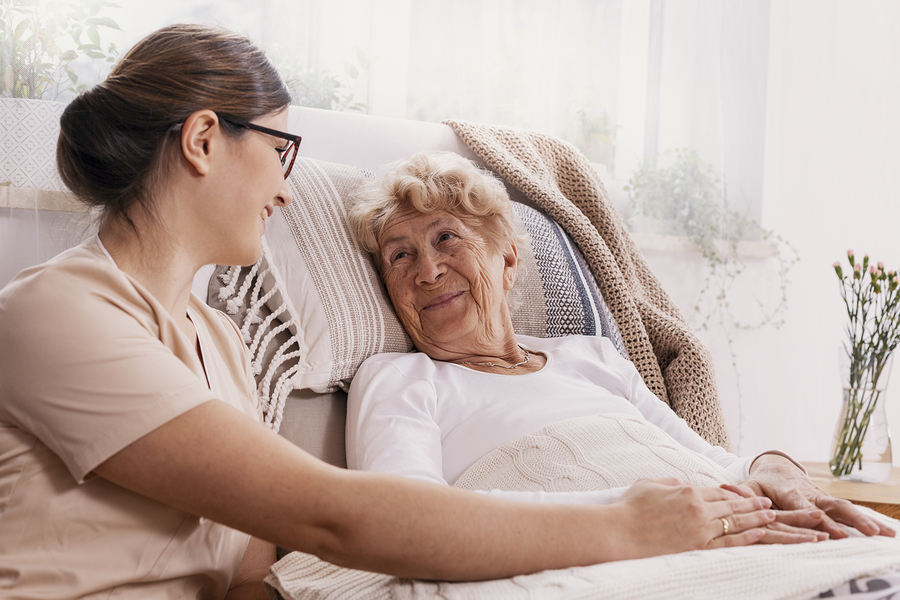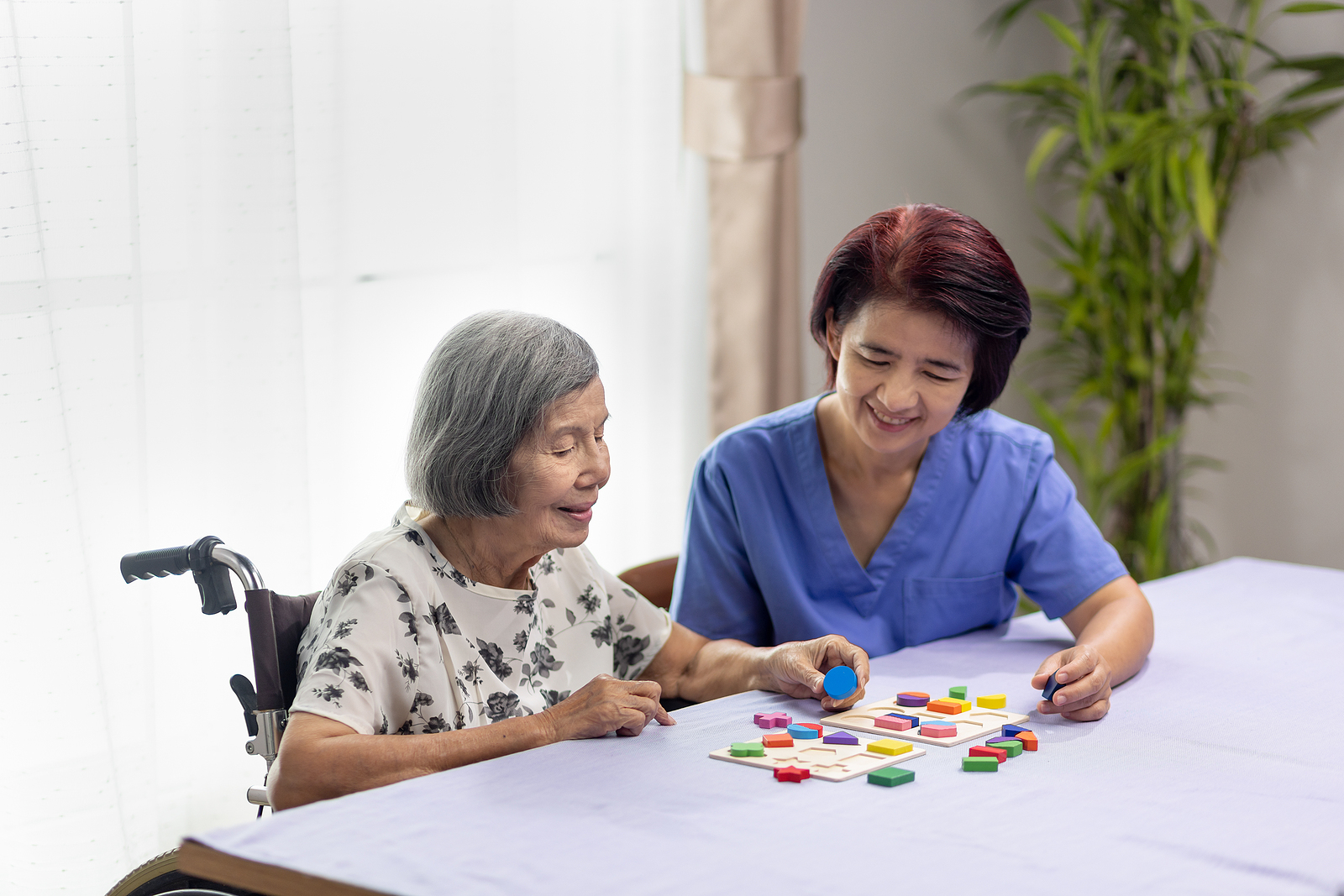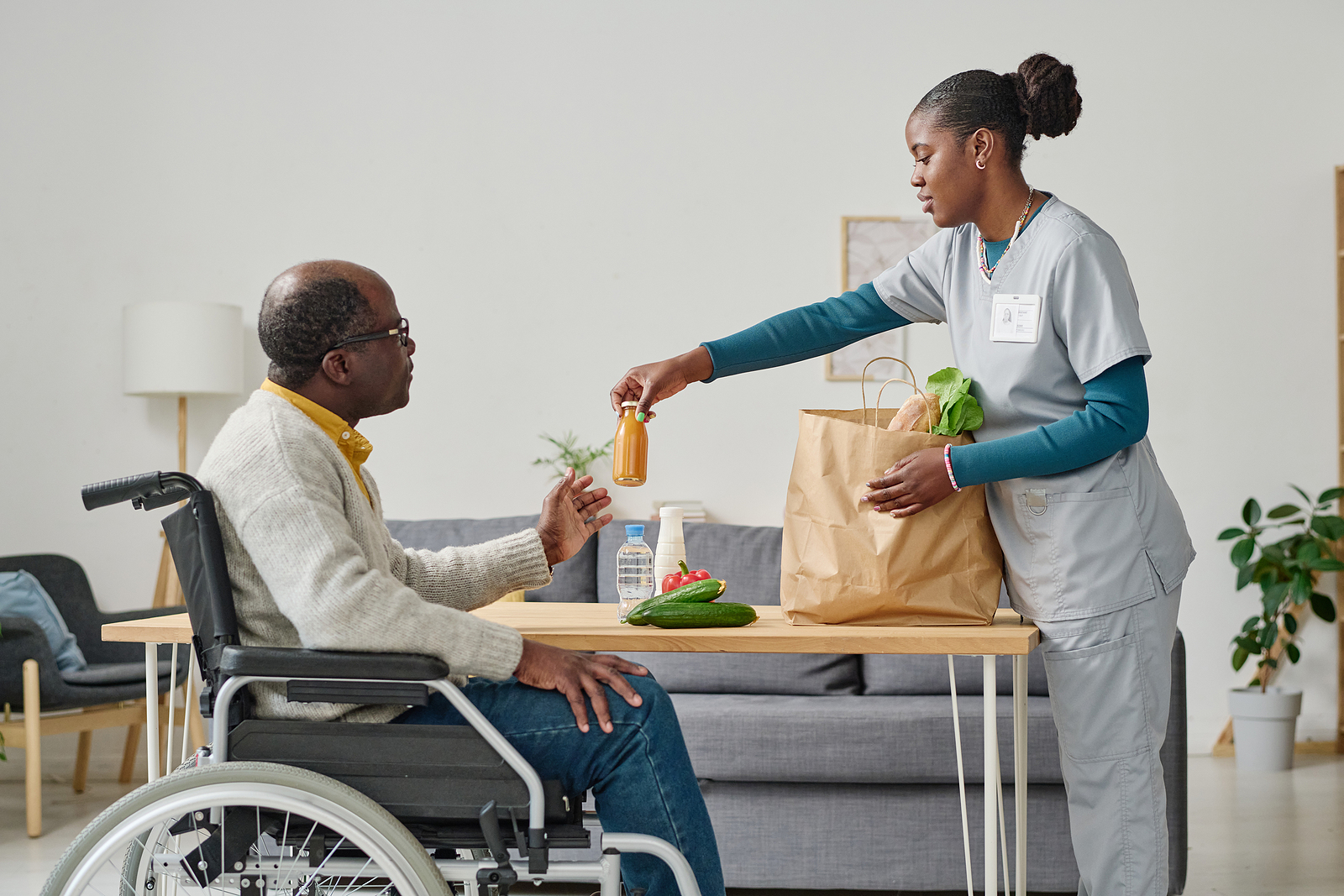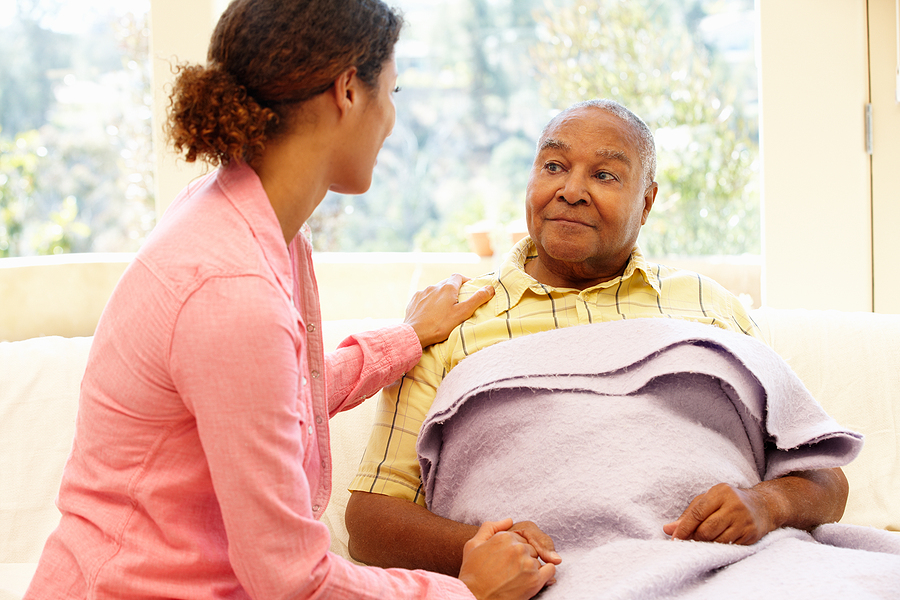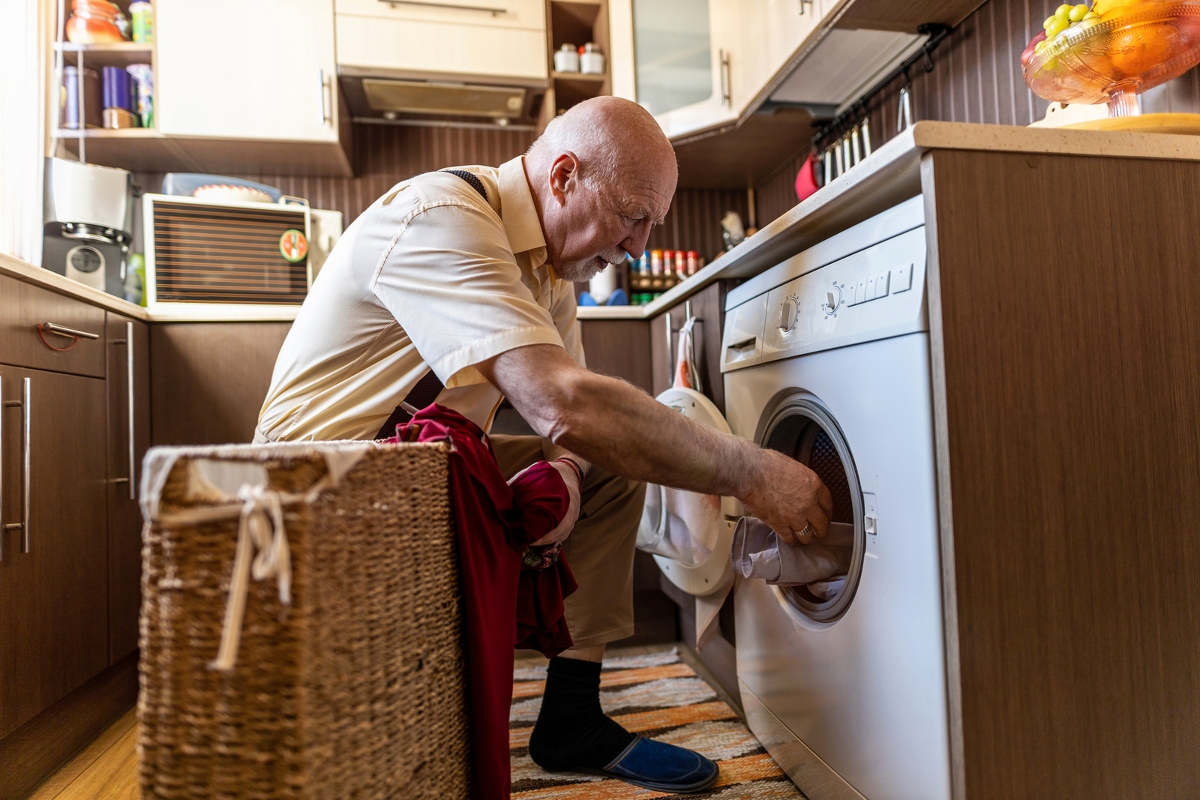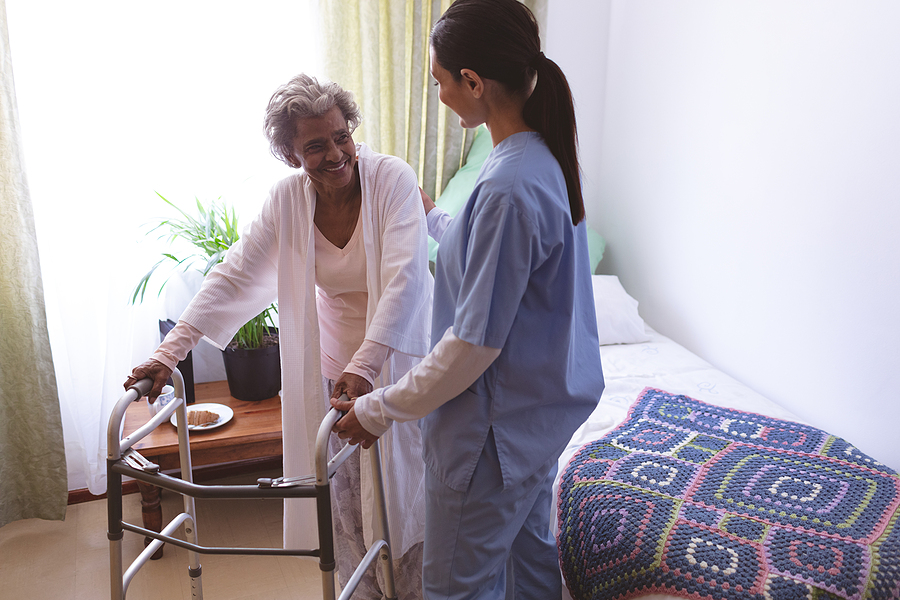Almost everyone gathers up more and more stuff as they age, especially if they’ve been living in the same home for decades. So many objects that were set aside or stored in a remote closet somewhere to be dealt with someday have remained in their spots for years gathering dust. The middle of July has a fun little holiday that can be just the incentive your loved one needs to do a bit of decluttering around the home. National Give Something Away Day promotes taking those once-loved objects and letting others enjoy them by giving them away.
The thought of going through that big closet at the top of the stairs and pulling out all of those boxes might seem a bit overwhelming for your senior loved one, and it might also be too physically demanding. Those obstacles make celebrating the day with the help of a family member or home care provider a must. It may not only be physically exhausting to open up all of those boxes or pull all of those clothes off the hooks, but it might be emotionally overwhelming as well. Many of those stored objects may also have memories with them that make giving them away extra difficult.
Let’s look at some steps your loved one can take with his home care provider to help make participating in National Give Something Away Day on July 15 more rewarding than stressful.
- Start with the least sentimental first. Oftentimes, clothes are not sentimental. We just end up with too many of them because as we buy new outfits, we don’t get rid of the old. But if they no longer fit correctly or aren’t your loved one’s style anymore, it’s time to give them away so someone else can enjoy them. Your home care provider or family member can help by pulling items out of the closet one by one and showing them to your loved one to see if she wants to keep them, give them away, or throw the ones that are not in good enough shape to give away.
- Start with just one box. If your loved one doesn’t want to go through all the boxes in the attic because there are just too many, suggest that you start with just one. It might help if you add a reward at the end such as you’ll go out for tea once you get through one entire box. When it comes to sentimental objects be empathetic and listen to why she wants to keep what and then honor those wishes as much as possible.
- Make it personal. While clothes and shoes might be given to local thrift stores or second-hand stores, if your loved one has a lot of family heirlooms that are tucked away in the dark corners of storage places, you could suggest that she can give them to family members. Keeping those personal items in the family might make it easier for her to give away things that she has no use for but are still sentimental for her.
National Give Something Away Day is a great way to reuse and recycle items that may not be needed by your loved one anymore but will be greatly appreciated by others.
If you or an aging loved one is considering home care in Scottsdale, AZ, please call the caring staff at Golden Heart Senior Care of Scottsdale at (480) 284-7360. We are here to help!
